Access to Genetic Ressources: Nagoya Protocol
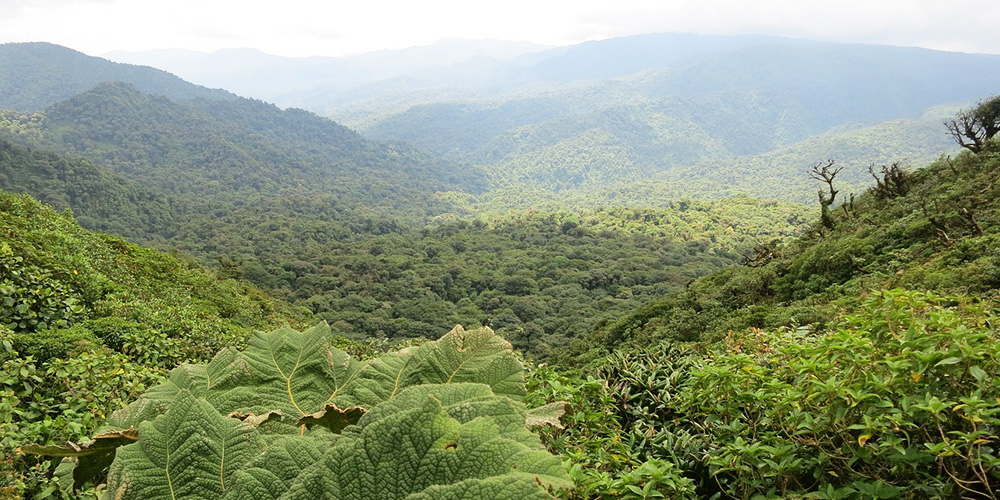
In its research involving genetic resources, the University of Basel adheres to the Nagoya Protocol's regulations, which govern the access and use of these resources. The Federal Office for the Environment oversees the implementation of the Protocol through the Nagoya Ordinance.
The Nagoya Protocol establishes the legal conditions for genetic resources, encompassing a wide range of elements such as DNA, RNA, animals, plants, bacteria, and other organisms, as well as their components like viruses, cells, and mitochondria that contain genetic material. A key premise of the Protocol is that any benefits arising from research or development involving genetic resources should be shared fairly and equitably with the country providing these resources. Even if these benefits are commercial and lead to the economic exploitation of a developed product, appropriate compensation should be provided to the country of origin. Sovereign rights over animal, plant, and genetic resources within their national jurisdiction lie with individual states.
The Nagoya Protocol aims to globally preserve and sustainably use biological diversity. This significant agreement provides researchers and provider countries with a solid legal foundation, ensuring security and stability.
On October 29, 2010, the Nagoya Protocol was adopted in Nagoya, Japan, to implement the goals of the UN Convention on Biological Diversity. After ratification by 50 states, including Switzerland and the European Union, the protocol came into force on October 12, 2014. In Switzerland, the Federal Council adopted the Nagoya Ordinance (NagO) on December 11, 2015, which adjusted regulations concerning genetic resources in the Nature and Cultural Heritage Protection Act and ensured the implementation of the Nagoya Protocol in the country.
At the 2022 Biodiversity Conference, developing countries called for an extension of the Nagoya Protocol to include not only physical plants and animals but also sequenced genetic material. The aim is to create financial compensation so that countries of origin can share in the profits derived from the genetics of plants and animals. At the Biodiversity Conference in fall 2024, a multilateral mechanism for the fair and equitable sharing of benefits arising from the use of digital sequence information on genetic resources should be established and implemented.
At the University of Basel, the group leaders of the relevant research groups are responsible for compliance with the requirements of the Nagoya Protocol.
-
University of Basel Vice Rectorate for Research
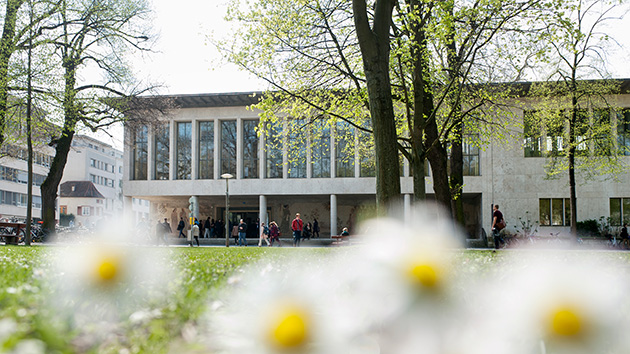
-
Unitectra Technology Transfer
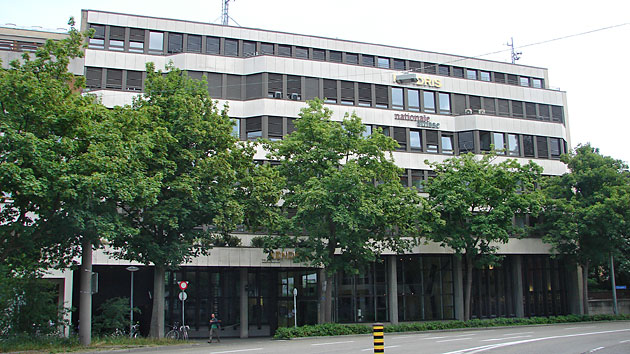
-
Legal Services
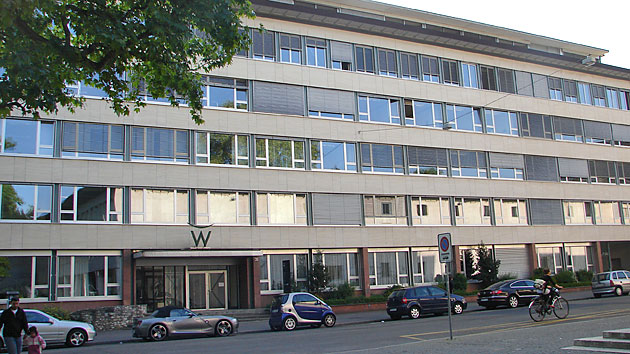
-
Federal Office for the Environment FOEN
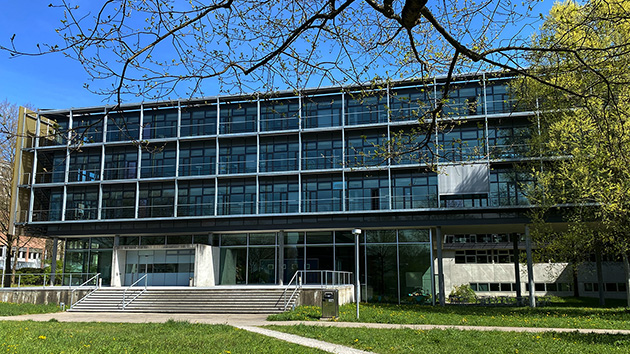
Links & Downloads
- Nagoya Protocol
- Nagoya Ordinance (NagO)
- Utilization of genetic resources and associated traditional knowledge in academic research. A good practice guide for access and benefit-sharing. Swiss Academies Reports Vol 11, No 4, 2016, SCNAT
- Agreement on Access and Benefit-sharing for Academic Research. Swiss Academies Reports Vol 11, No 3, 2016, SCNAT
- The Nagoya Protocol on Access and Benefit-Sharing (ABS)
- Access and Benefit-Sharing Clearing-House (ABSCH)
- Biodiversity and sustainable development at the World Intellectual Property Organization (WIPO)
- Federal Act on the Protection of Nature and Cultural Heritage (NCHA)
- Federal Act on Patents for Inventions (Patents Act, PatA Art. 49)
- Biodiversity Conference 2022 (CBD COP15)

